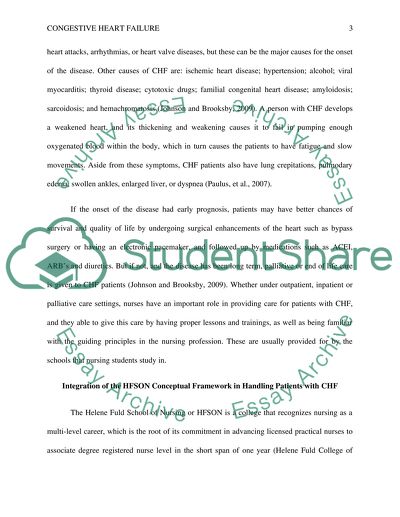Cite this document
(“Congestive heart failure Essay Example | Topics and Well Written Essays - 1250 words”, n.d.)
Retrieved from https://studentshare.org/nursing/1460924-congestive-heart-failure
Retrieved from https://studentshare.org/nursing/1460924-congestive-heart-failure
(Congestive Heart Failure Essay Example | Topics and Well Written Essays - 1250 Words)
https://studentshare.org/nursing/1460924-congestive-heart-failure.
https://studentshare.org/nursing/1460924-congestive-heart-failure.
“Congestive Heart Failure Essay Example | Topics and Well Written Essays - 1250 Words”, n.d. https://studentshare.org/nursing/1460924-congestive-heart-failure.


